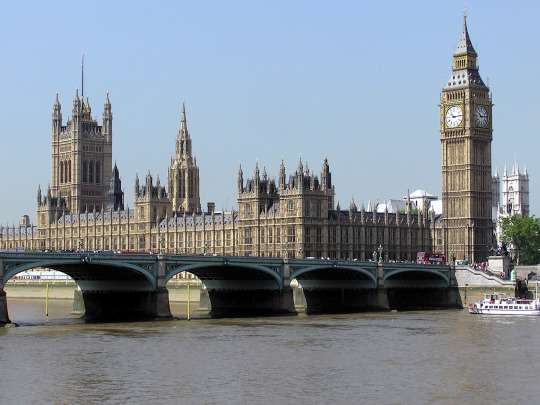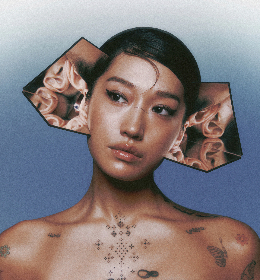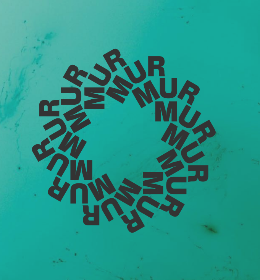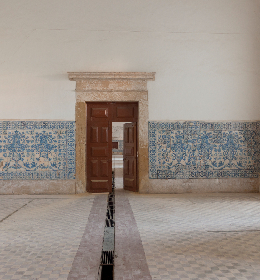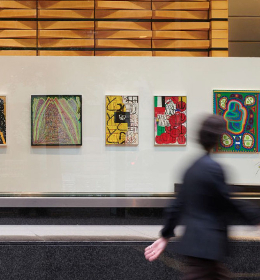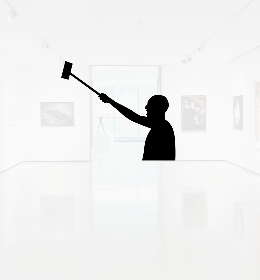On April 8, high-profile members of the UK’s leading political parties united in debate at the Royal Opera House on behalf of the creative community, discussing their party’s policies on the arts and creative industries before an audience that comprised many leading figures from the sector.
The 2015 manifestos afford greater emphasis on the arts, culture and creative industries than this time four years ago, when budgets were slashed, funds cut and austerity measures put into place. With the general election taking place just next week, H A P P E N I N G takes a look at the six key political parties’ plans for the creative world...
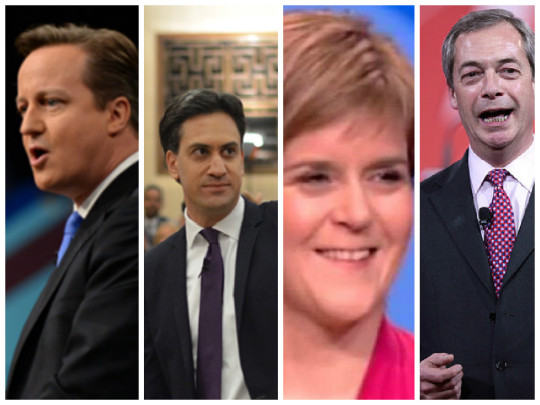
The Arts Council has created a succinct report of each party’s proposals for the creative world.
Conservatives
Over the past five years, the Conservatives have invested over £8 billion of public and lottery funding into the arts, heritage, museums and galleries.
In this year’s manifesto, David Cameron has promised to maintain free admission to major museums and galleries, delivering free Wi-Fi and support for e-books in libraries. The Tories also endorse the wider creative industries, and vow to maintain (and possibly extend) tax relief, offering greater financial autonomy to cultural institutions. Further plans include establishing a new India Gallery at the Manchester Museum in partnership with the British Museum, and a Great Exhibition in the North.
The Tories assert that the arts “do not just enhance our national prestige and boost our economy; they help tie our country together, strengthening the bonds between all of us."
Labour
Ed Miliband vowed to move the arts “to the heart” of the government if Labour were to come into power.
The manifesto insists on universal entitlement to a creative education for all young people both at school and through after-school clubs. According to Miliband, institutions would need to open their doors to young people and the party would “work with public bodies to rebalance arts funding across the country.” Like the Tories, Labour pledges free access to museums and galleries.
The party also proposes the introduction of a Prime Minister’s Committee on the Arts, Culture and Creative Industries, uniting members from all sectors and regions to bring issues of concern to the attention of the Prime Minister, and to deliver more creative apprenticeships.
Creativity is also addressed within the broader education section of the manifesto, expressing “the need to help our children develop the creativity, self-awareness and emotional skills they need to get on in life.”
Liberal Democrats
UKIP
This lack of attention naturally speaks volumes about UKIP’s attitude towards the arts, where earlier this year the party announced plans to “scrap tuition fees for students studying sciences, technology, engineering, maths or medical degrees”, alienating the creative community and pushing the arts to become a “realm increasingly dominated by the privileged.”
Green
Natalie Bennett's Green party are unique in their specific spending commitment to the arts, which they intend to increase by £500 million a year, restoring the cuts made since 2010.
Their proposal to reinstate proper levels of funding for local authorities will help keep local museums, theatres, libraries and galleries open, and the Greens are clear in their support of initiatives to make the arts and sports accessible to all. The party also wants to reduce VAT from 20% to 5% for live performances, and to give local authorities powers to support such performances.
The Green Party “believes that the arts and humanities have an essential part to play in creating a more democratic, sane and participatory society,” and thus in their election manifesto propose access to artistic and creative facilities for prison inmates.
The arts in Scotland and Wales have been devolved.
Scottish National Party
Fiona Hyslop, Cabinet Secretary for culture, Europe and External Affairs, explains that creativity is central to the new curriculum, with new links established between schools and cultural organisations.
Plaid Cymru
So what does this mean?
The future of the arts looks set to remain fairly similar with a Tory, Labour or Lib Dem government. A UKIP win would be damaging to the industry, while a Green prime minister would truly drive it to flourish. The SNP and Plaid Cymru acknowledge the fundamental value of the arts, although their vision is, naturally, closely-focused on development in Scotland and Wales rather than Britain as a whole.
With incredibly close election forecasts, who knows what’s in store for the arts and creative industries…





